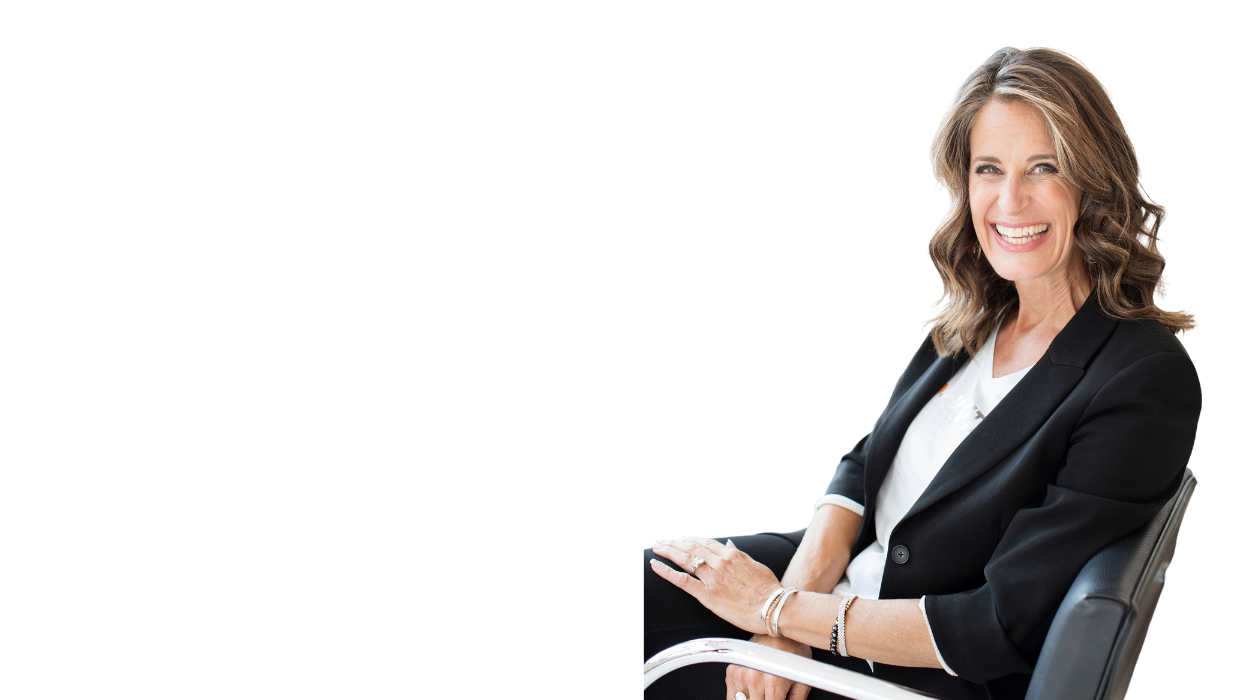Look Forward to Being Stressed Out #129
Recently, I was working with clients about effectively managing employees. We discussed how their managers could boost productivity while enhancing relationships because research shows that happy people accomplish more. My clients asked, “Isn’t a certain amount of fear of accountability necessary (read desirable) to ensure performance?”
This is not an uncommon assumption. We have been steeped in the management model we refer to as “COP;” an acronym for Control, Order, Predict. COP was designed in the military during the industrial age when conformity and consistency were two of the most sought-after responses from employees. It worked quite well during that timeframe. We’ve moved well past the industrial age and the COP model no longer works.
In our information-laden, socially connected, device-driven, opinion-sharing culture, fear is nothing more than a short-term motivator. In fact, there is no research at all to support that fear offers more than mediocre, short term results, and instead instills bitterness, resentment and resignation.
I asked “If your place of work supported the best of who you are, afforded the opportunity to contribute the best of your abilities (the ones you enjoyed doing most) and you were surrounded by other people doing the same, would fear be required to stay motivated?”
The pulse of most organizations (and households) suggests we need environments that allow us to feel good about who we are, what we offer and how we contribute. When a culture (or family) operates this way, people are engaged and naturally perform better.
So what effectively replaces the Control/Order/Predict model (also read “fear”) as a motivator? It’s easy – just replace the COP model with stress. That’s right – swap fear for stress. What?
Great leadership is all about soft skills, the best leaders have high Emotional Intelligence (EQ). They may not realize it, but they know there are different kinds of stress – “distress” and “eustress.”
Distress is the experience we most often associate with its root word “stress” meaning, “Great pain, anxiety, or sorrow; acute physical or mental suffering; affliction; trouble. A state of extreme necessity or misfortune.” **
Eustress is much less known or understood. It is defined as, “stress that is deemed healthful or giving one the feeling of fulfillment.”**
Imagine your days spent going to your workplace filled with eustress. If that were the case, we’d all look forward to going to work to be “stressed out.”
Categories: Sue's Daily Blog


